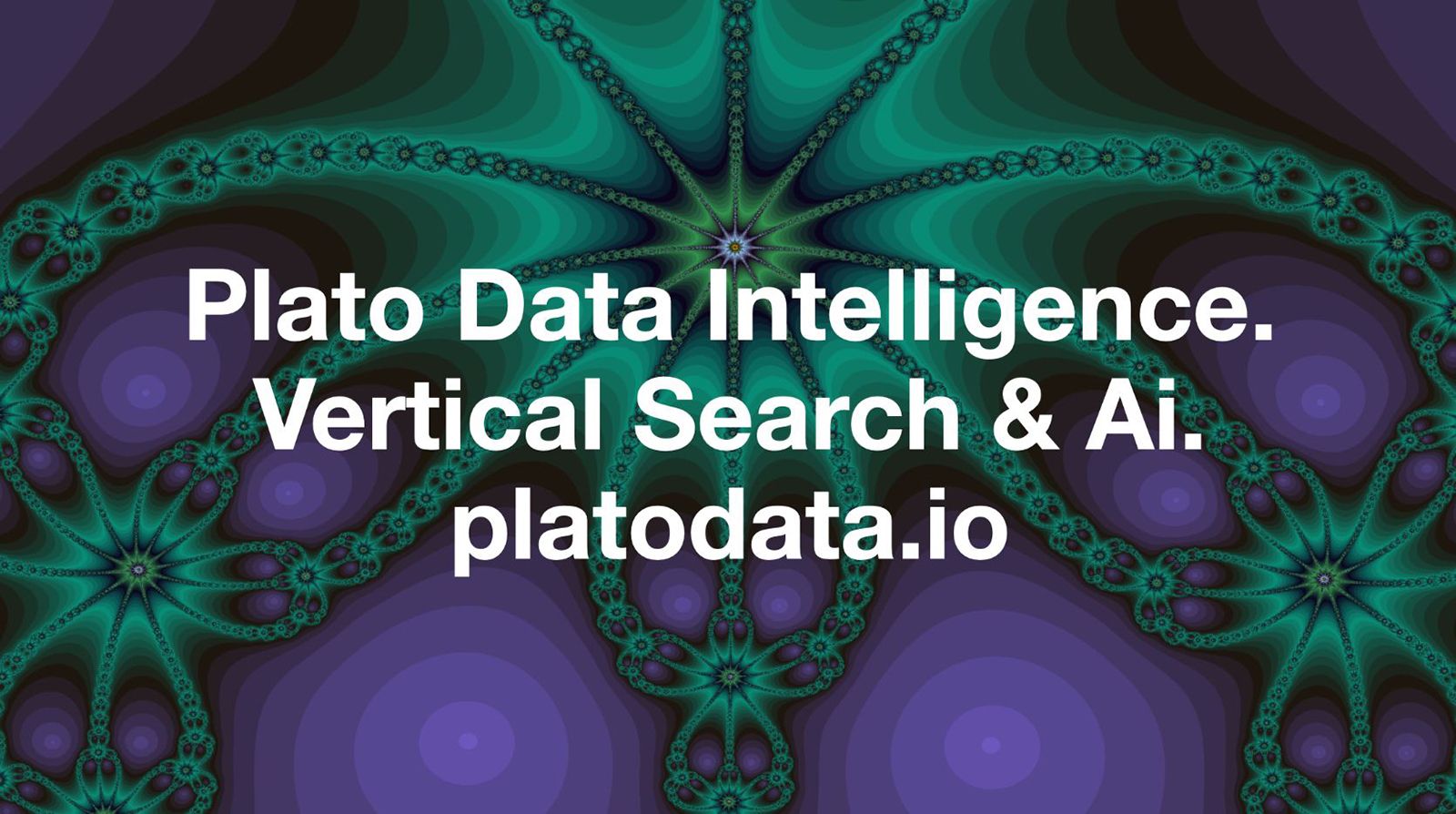![]()
Software as a Service (SaaS) has revolutionized the way businesses operate in virtually every industry, and digital marketing is no exception. With the rise of SaaS platforms, marketers now have access to a wide range of tools and technologies that can help them streamline their processes, improve their efficiency, and ultimately drive better results for their campaigns. In this article, we will explore how SaaS is transforming the landscape of digital marketing and discuss five key strategies that marketers should know in order to leverage these technologies effectively.
1. Personalization and Targeting
One of the biggest advantages of SaaS platforms for digital marketing is the ability to personalize and target campaigns with precision. With access to data analytics and customer insights, marketers can create highly targeted campaigns that resonate with their audience on a personal level. By leveraging tools like customer relationship management (CRM) software, marketers can track customer behavior, preferences, and interactions to deliver tailored messaging and offers that drive engagement and conversions.
2. Automation and Workflow Optimization
SaaS platforms also offer automation capabilities that can help marketers streamline their processes and improve efficiency. From email marketing automation to social media scheduling tools, marketers can automate repetitive tasks and workflows to free up time for more strategic activities. By automating routine tasks, marketers can focus on creating compelling content, analyzing data, and optimizing campaigns for better results.
3. Data Analytics and Reporting
Data is at the heart of digital marketing, and SaaS platforms provide marketers with powerful analytics and reporting tools to track and measure the performance of their campaigns. With real-time data insights, marketers can monitor key metrics, identify trends, and make data-driven decisions to optimize their strategies. By leveraging data analytics tools, marketers can gain a deeper understanding of their audience, measure the impact of their campaigns, and continuously improve their marketing efforts.
4. Collaboration and Communication
SaaS platforms also facilitate collaboration and communication among marketing teams, enabling seamless coordination and alignment across different departments. With cloud-based project management tools and collaboration platforms, marketers can work together in real-time, share resources, and communicate effectively to ensure that campaigns are executed smoothly and efficiently. By fostering collaboration and communication, SaaS platforms help marketers work more effectively as a team to achieve their marketing goals.
5. Scalability and Flexibility
Finally, SaaS platforms offer scalability and flexibility that allow marketers to adapt to changing market conditions and scale their campaigns as needed. Whether it's expanding into new markets, launching new products, or responding to shifts in consumer behavior, SaaS platforms provide the agility and scalability that marketers need to stay competitive in today's fast-paced digital landscape. With cloud-based solutions that can be easily scaled up or down, marketers can quickly adjust their strategies to meet evolving business needs and drive growth.
In conclusion, SaaS is transforming the landscape of digital marketing by providing marketers with powerful tools and technologies that enable them to personalize campaigns, automate workflows, analyze data, collaborate effectively, and scale their efforts. By leveraging these key strategies, marketers can harness the full potential of SaaS platforms to drive better results for their campaigns and stay ahead of the competition in today's digital age.

